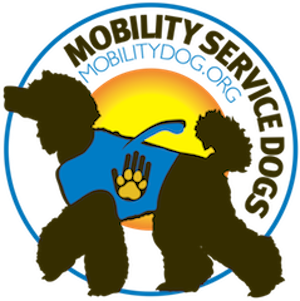Kennel Cough: What You Need to Know!
Learn How to Protect Your Dog from Kennel Cough (Image Courtesy of Pixabay.com)
Kennel cough is a common canine bacterial disease also known as:
Canine infectious tracheobronchitis; or
Bordetella bronchiseptica.
It’s most commonly transmitted in areas with multiple dogs in close proximity like:
Dog Kennels.
Dog Parks.
Doggy Daycares.
Dog Training Classes.
Dog Shows.
Dog Groomers.
Vet Offices.
Transmission of this bacteria happens through airborne droplets, direct contact (nose-to-nose), or contaminated water or food bowls. On a positive note, kennel cough is rarely severe in a healthy dog.
Kennel Cough: Symptoms
Since our dogs can’t tell us what’s wrong, it’s essential to know the potential symptoms of kennel cough including:
Lethargy.
Fever.
Eating less than usual or nothing at all.
Sneezing (including reverse sneezing) and runny nose.
Eye or nasal mucus or discharge.
And of course, a loud, persistent cough like dry hacking or honking.
Kennel Cough: Treatment
For most dogs, a week or two of rest should resolve a mild case of kennel cough. Serious cases may require a visit to your vet for antibiotics or cough medicine. Call your vet if you’re not sure what you should do for your dog.
If your dog has kennel cough, use a harness when walking them instead of a collar to avoid further stressing their throat. Click here to learn about natural treatments for kennel cough.
Kennel Cough: Owner Responsibility
Since kennel cough is highly contagious, dog parents should vaccinate their dogs against kennel cough before boarding, using doggy daycares, participating in dog training or sports, or going to a dog park.
If an unvaccinated dog begins to show any of the symptoms above, keep the contagious dog away from other dogs for at least two weeks to prevent transmission of the kennel cough bacteria.
Infographic: Kennel Facts to Know (Courtesy: HarmonyAnimalHospital.net)


